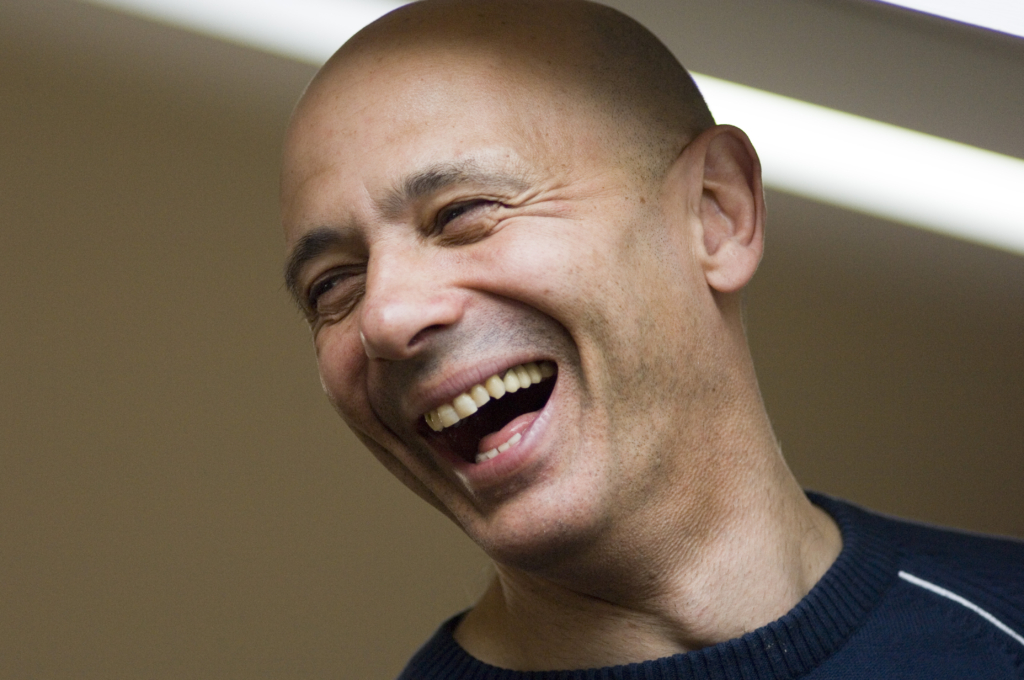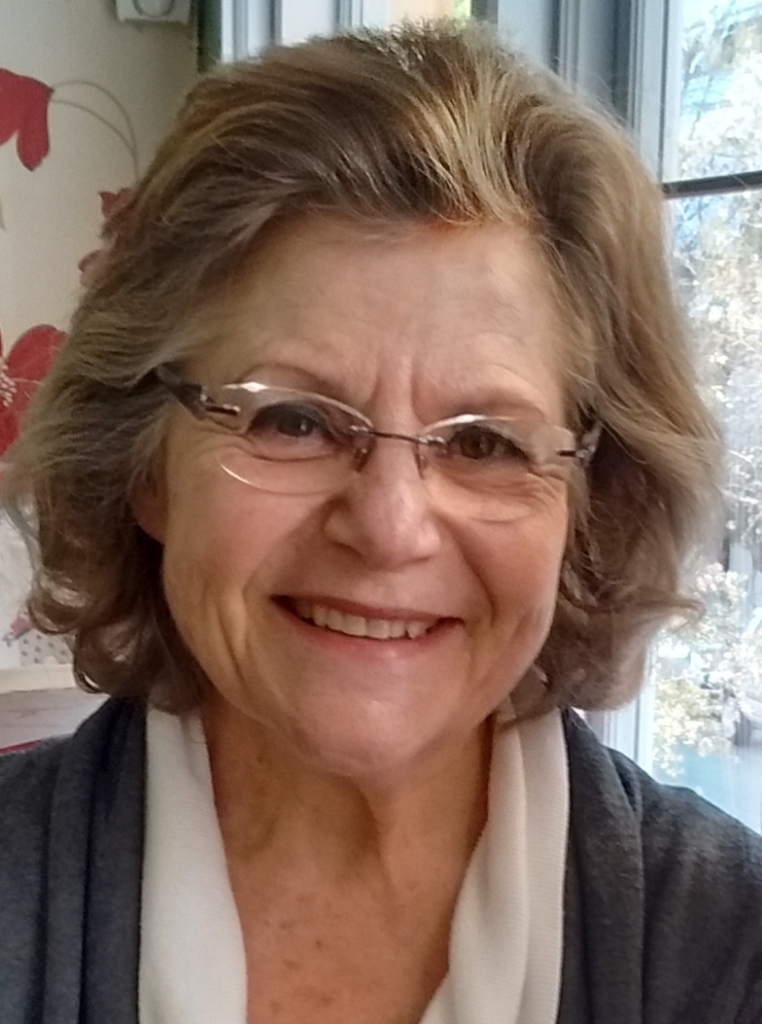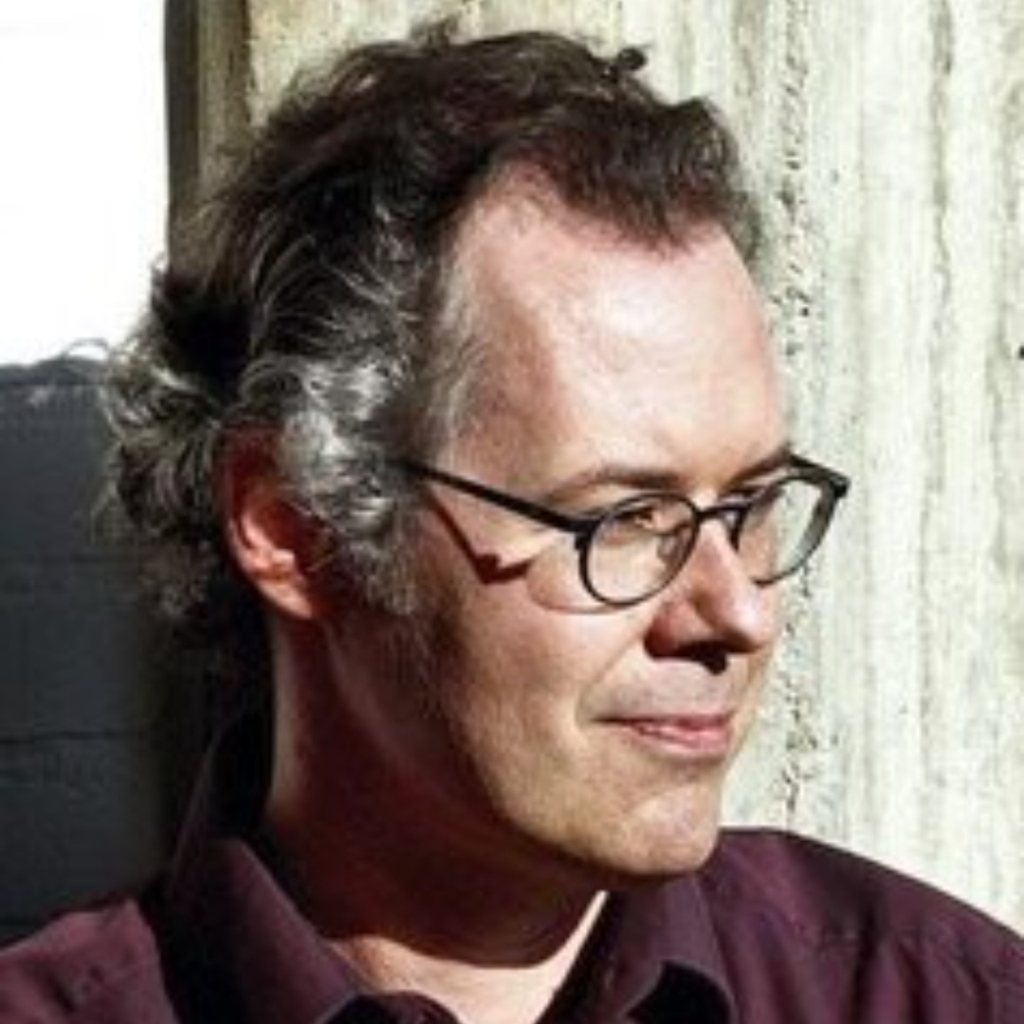Keynote Speakers |

Manu Bazzano
Title: In Praise of Pandemonium – A polyphonic, contrapuntal perspective on the notion of the organism in experiential psychotherapies and beyond |
Abstract:
We are a coalition of affects. The ‘I’ is not one but many. When difference is honoured in ourselves and others, without being made dependent on a self-same identity, multiplicity emerges. Multiplicity is foundational, rather than conditional on an allegedly unitary organism. We are ‘split’, fragmented. Kurt Goldstein’s classic work The Organism, now largely ignored, needs to be adequately studied/worked through if ‘experiential psychotherapies’ are to become more than methodologies for cosmetic change. Implicit in the idea of the organism is the illusion of unity. Studied through the elaborations of Canguilhem, Merleau-Ponty and Simondon, I will present the case for a polyphonic organism – a pandemonium (many daimons).
In music, polyphony (from the Greek “many sounds”) is the synchronized blend of two or more tones or melodic lines. It is connected with counterpoint, the combination of distinct melodic lines. In the domain of human experience, a ‘contrapuntal’ life is the life of the exile, one who, as Edward Said wrote, sees the entire world as a foreign land – including, I would add, our own bodymind, a domain we arrogantly think we know. Being an exile is a painful experience of individualization but also one which may foster original vision and progressive political commitment. Another aspect of polyphony in music is the fugue. In the experiential domain, this is akin to a line of flight, an adventurous, risky, and rich domain of experience ignored in a conservative psychotherapy culture fixated on the pieties and platitudes of attachment theory, bland relatedness, and second-hand metaphysics.
Drawing on organismic psychology, music, and literature, this presentation will look at some of the implications for contemporary psychotherapies.
Dr Manu Bazzano is a writer, psychotherapist/supervisor in private practice, and independent researcher. Among his books: Subversion and Desire: Pathways to Transindividuation (2023)
Read more: manubazzano.com

Jo Hilton
Title: A look at how counselling theory has influenced our engagement with polyphony |
Abstract:
This keynote lecture will explore the theme of polyphony over time, dating back to the beginnings of client centred therapy. I will suggest some ways that engaging with theory can help support the development of the person centred and experiential practitioners of the future. I will assert that we have failed to fully acknowledge the voices of women that contributed to the early development of person-centred theory and I will suggest ways that this could be rectified in our writing and teaching. Based on the experience of working with students of counselling theory bringing European, North American and Asian perspectives on identity, I will reflect on the extent to which current person-centred and experiential perspectives on polyphony are helpful and the personal development agenda that could help us be receptive to our clients telling us their stories, no matter how complex.
Jo Hilton has pursued a lifelong interest in learning and facilitation of learning. She has worked in this field for more than 40 years, initially within theatre and the performing arts before moving into the field of counselling and psychotherapy, latterly as a clinical fellow at the University of Edinburgh. Inspired by the work of Paulo Freire and Carl Rogers, she has worked to facilitate dialogue with many counsellors-in-training from Europe, the Americas, Asia, Africa and Australasia. She has hugely appreciated the different cultural experiences and personal developmental processes that she has witnessed in students and in her client work. She recently retired from the University of Edinburgh but her research interests in person-centred and psychodynamic counselling and psychotherapy continue.

Maria Malikiosi-Loizos
Title: Can we be congruent both with the outer and inner voices in an era of polyphony? |
Abstract:
Congruence has two components — an internal component involving awareness of one’s own flow of experience and transparency, and an outer component, that refers to explicit communication. Rogers defines congruence in relation to experience and awareness. Both of these elements describe the therapist’s internal state.
Elsewhere, Rogers writes about congruence involving experience, awareness and the therapist’s behavior and communication.
A therapist is congruent (or genuine or real) in the relationship, his picture of himself and the way he communicates matching his immediate experiencing.
Experience in today’s era, results from a multitude of stimuli, much more than in the past. We move constantly, forced or willingly, we are influenced by multiple cultures in our everyday life, we encounter repeated social crises and collective traumas. Our identity is now structured by multiple voices, and this polyphony “resounds” both inside and outside of us
How does this complexity impede our efforts to be congruent?
How can we sift through these triggers and keep only the voices that resonate with our authentic selves?
How do we focus on the experience and feelings that guide us towards self-realization?
With reference to lived experience, we will look for the processes that help us in today’s world, in the midst of polyphony, to continue developing, to stay in the realm of “Becoming a person”, a person who constantly changes and adapts his behavior to new situations.
Maria Malikiosi-Loizos is Professor Emeritus of Counselling Psychology at the National and Kapodistrian University of Athens in Greece. She studied Psychology (M.A. 1974, Ed.D. 1978) in the USA, where she also worked as a research and teaching assistant.
She has worked as a Researcher at the National Center of Social Research in Athens, Greece; as a post-doctoral intern at the Laboratory of Social Psychology of the National Centre of Scientific Research, (C.N.R.S.) Université Paris VII; and at UNESCO’s International Institute for Educational Planning in Paris, France.
She founded, directed, and supervised the Peer Counseling Center of the University of Athens, Greece for twenty years, where she also trained peer counsellors. She initiated the first post graduate program in counseling and counseling psychology in Greece. She has taught counselling psychology courses at the undergraduate and graduate level in Greece, the US and several European countries. She has been invited as a lecturer in seminars and congresses in Greece and abroad. She has authored and co-authored several books, edited and also participated in publications in Greece and abroad with research articles for journals and book chapters.
She is and has been member of several scientific societies, in Europe and the United States including the APA and Division 17 of counselling psychology
She has been granted the award of outstanding contribution to European counselling psychology (the European Association for Counselling); an honorary award for her contribution to the development of counselling psychology in Greece (the Hellenic Psychological Society); the honorary membership of the Hellenic Association for Person Centered and Experiential Approach (hapcea); and also, the honorary memebership of the Hellenic Association for Counselling.

Siebrecht Vanhooren
Title: Chaos, Growth, and Existential Empathy |
Abstarct:
Many of the revolutionary ideas of humanistic, person-centered and experiential psychotherapies have their roots in the work of the Otto Rank (1936) and Jessie Taft (1933). Rank and Taft would emphasize that therapy was a process of growth, and that the experiential here-and-now encounter between client and therapist was the catalyst of change. Departing from Rank, different humanistic and experiential therapies would develop their own voice in this rich humanistic-experiential polyphonic choir. Over de decades, singers came and went, but the scale nor the pace of our polyphony hardly changed. We have been trusting that helping the client to experience life to the fullest – within a genuine, accepting and empathic climate – can lead to a deep change.
Behind our model, there is a sense of basic trust (Frankl, 1969) that openness-to-experience and our continuous endeavors to make sense of our existence will lead us to a better place. However, in a world of increasing mutual and epistemological distrust, polarizing societies, international tensions, climate change and extinction of species, it does not take a lot to lose our confidence in the larger process we are all part of. It gets hard to rely on our not-knowing when we feel we really don’t know anymore. Our willingness to meet and listen to the other is under pressure when the other does not want to meet us. It is hard to find meaning in our work while the world polyphony sounds completely off key, seems in decay and seems to fall into chaos.
Instead of dropping our voices, or losing our not-knowing stance by thinking that our voice is right and the other is wrong, there might be something to be found in the chaos we are living in. But what is chaos? As Taft (1933) shares, profound growth experiences rarely appear without fear and chaos. What happens when we enlarge our scope – just like Rank (1936) did – and experience therapy and ourselves as expressions of existence? What do we need to enlarge ourselves so we can be with where we are?
Siebrecht Vanhooren (PhD) is professor of clinical psychology at the Faculty of Psychology and Educational Sciences at the University of Leuven (KU Leuven) in Belgium. He teaches counseling, psychological interventions, and person-centered, experiential, and existential psychotherapy at undergraduate, graduate and postgraduate level. He is the director of the person-centered therapy training programs and the existential well-being counseling program at KU Leuven. He also supervises the person-centered and focusing team at PraxisP (KU Leuven). He is the co-director KU Leuven’s Meaning & Existence research center and a committee member of The Eugene T. Gendlin Center for Research in Experiential Philosophy and Psychology (The Focusing Institute). His research includes topics such as existential concerns, meaning in life, posttraumatic growth, experiential-existential interventions, focusing, and existential empathy. Last but not least, he enjoys being alive, spending time with his family and friends, and tries to get a good sound out of his saxophone.

